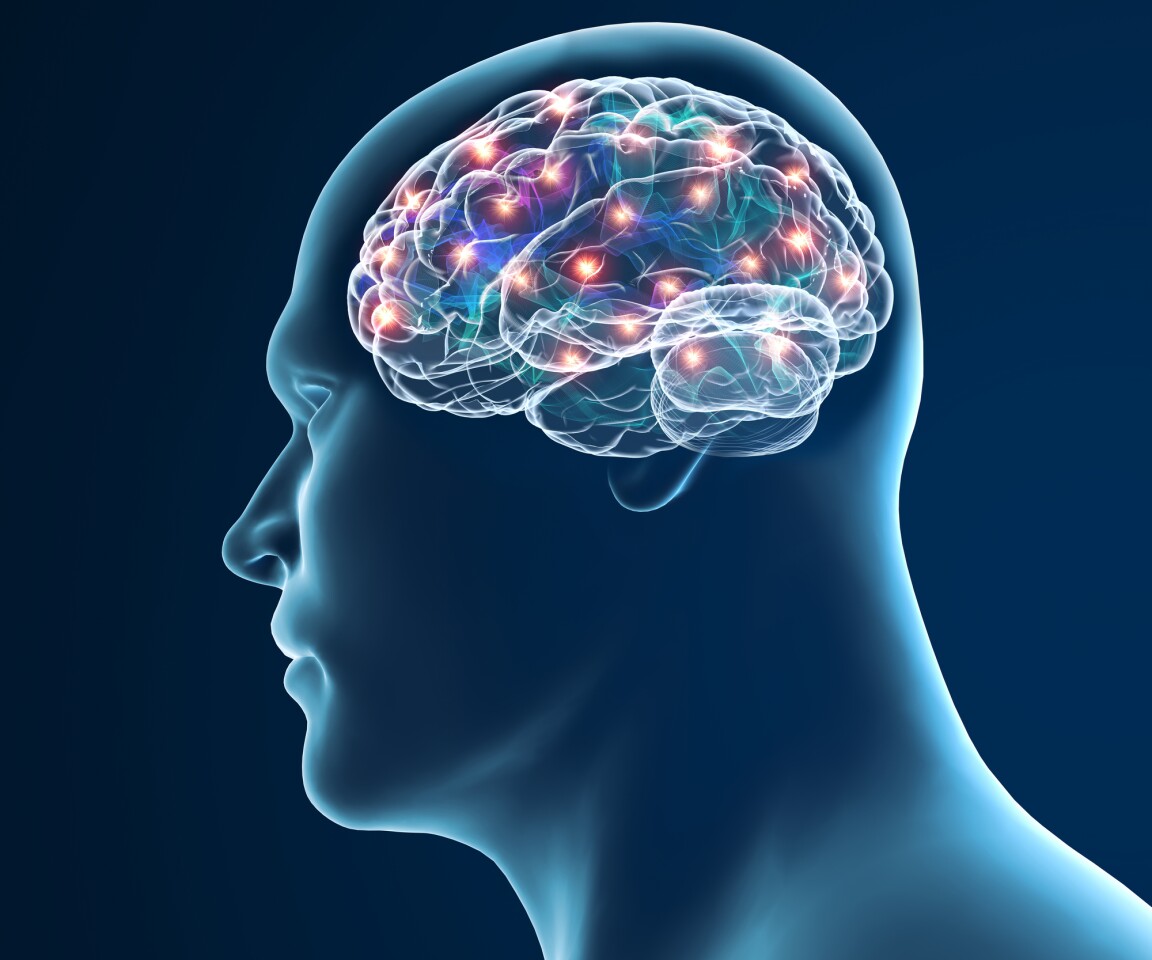Arthritis drug mimics “young blood” transfusions to reverse aging in mice
In what sounds like dystopian sci-fi, researchers have recently shown that infusions of youthful blood can improve the health of older people. A new study has found that an existing arthritis drug can effectively rejuvenate blood stem cells, mimicking … Continue reading Arthritis drug mimics “young blood” transfusions to reverse aging in mice
